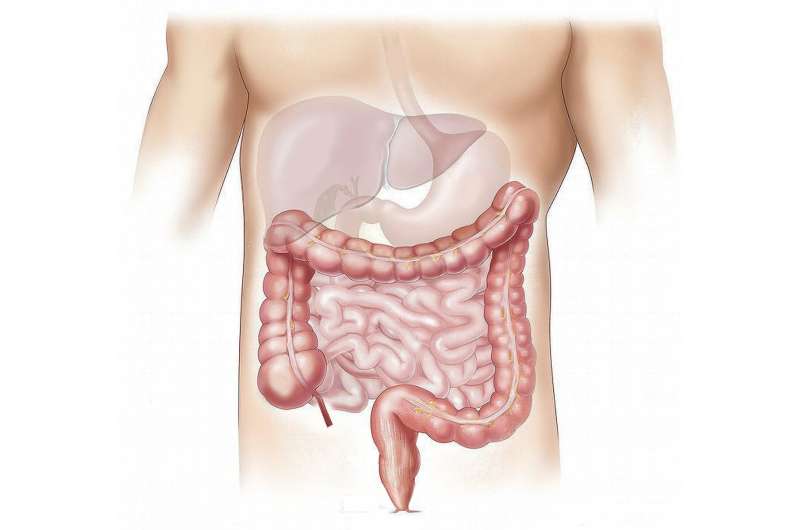Study Finds Colorectal Cancer Patients Have Better Survival Rates When Diagnosed Before Other Cancers

A groundbreaking study reveals that colorectal cancer patients diagnosed before other cancers have the highest survival rates, emphasizing the importance of early detection and tailored screening protocols.
A recent study leveraging data from one of the largest cancer registries worldwide has revealed that the timing of a colorectal cancer (CRC) diagnosis significantly impacts patient survival outcomes, especially in cases involving multiple primary cancers. Published in the Journal of the American College of Surgeons, the research analyzed data from the SEER (Surveillance, Epidemiology, and End Results) Program, encompassing information from 2000 to 2020.
The study categorized patients into three groups: those with only CRC (Group A, 71.8%), those diagnosed with CRC first followed by another cancer (Group B, 11.9%), and those diagnosed with CRC after another cancer (Group C, 16.3%). Interestingly, the findings showed that patients in Group B, who received a CRC diagnosis prior to a second cancer, had the highest overall survival, averaging 50.4 months, and cancer-specific survival of 51.3 months. They were also more likely to undergo surgical treatment compared to the other groups.
Conversely, patients in Group C, diagnosed with CRC after another cancer, had the worst prognosis. They more frequently presented with right-sided tumors, which are associated with aggressive biological behavior, and experienced notably poorer survival outcomes.
The study’s authors suggested that these unexpected results could be linked to increased medical surveillance and intervention in patients with a history of previous cancer. Enhanced monitoring may facilitate earlier detection of subsequent cancers and possibly prime the immune system to better combat new malignancies. Additionally, the differences in age, disease presentation, and treatment likelihood across groups may also contribute to survival disparities.
Clinically, these results underscore the importance of rigorous CRC screening in patients with a history of other cancers, emphasizing a need for personalized, aggressive treatment approaches for high-risk cases, particularly when CRC is diagnosed second. Moreover, healthcare providers are encouraged to maintain close surveillance for such patients.
For patients, the findings highlight that surviving CRC does not eliminate the risk of developing other cancers, but early detection of additional malignancies can significantly improve their chances of successful treatment. Adhering to recommended screenings remains crucial for early diagnosis and better outcomes.
Source: https://medicalxpress.com/news/2025-06-survival-highest-colorectal-cancer-cancers.html
Stay Updated with Mia's Feed
Get the latest health & wellness insights delivered straight to your inbox.
Related Articles
How Social and Structural Factors Impact Heart Health Beyond Telehealth
This article explores how social and structural factors significantly influence heart disease outcomes, highlighting the importance of healthcare access, community initiatives, and digital infrastructure in improving cardiovascular health in the Deep South.
Understanding Why Patients with Mitochondrial Disease Are More Prone to Infections
New research uncovers how damaged mitochondria trigger immune overreactions, making patients with mitochondrial diseases more susceptible to severe infections and tissue damage.
Research Finds No Connection Between Early Antibiotic Use and Childhood Autoimmune Diseases
A large-scale study finds no evidence that antibiotic exposure during pregnancy or early childhood increases the risk of developing autoimmune diseases in children, highlighting responsible antibiotic use.
New Biomarkers in Gut Microbiome May Predict 'Invisible' Chronic Fatigue and Long COVID
Innovative research identifies hidden biomarkers in the gut microbiome that could revolutionize diagnosis and treatment of chronic fatigue syndrome and long COVID, offering hope for personalized care based on gut health insights.



